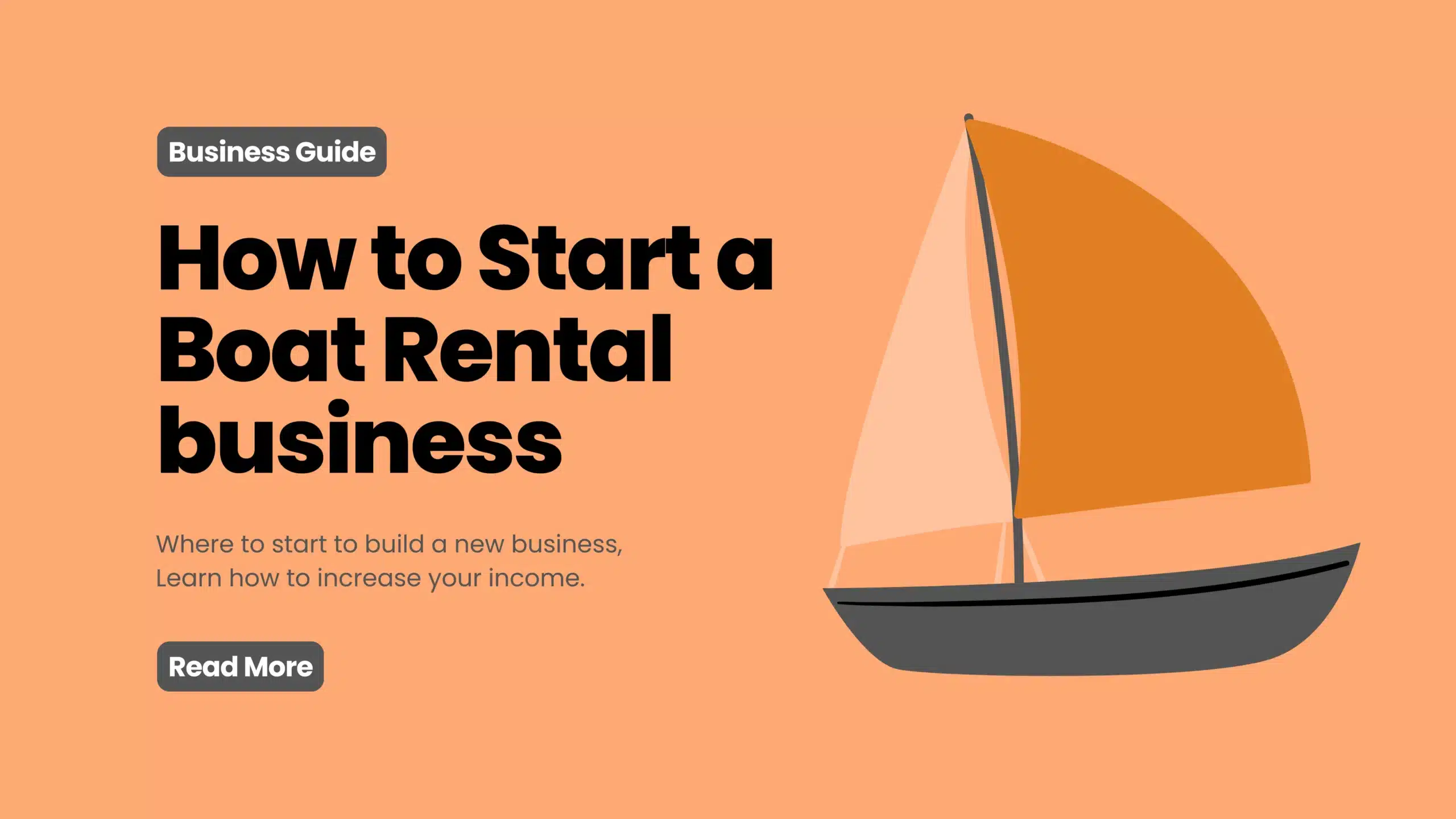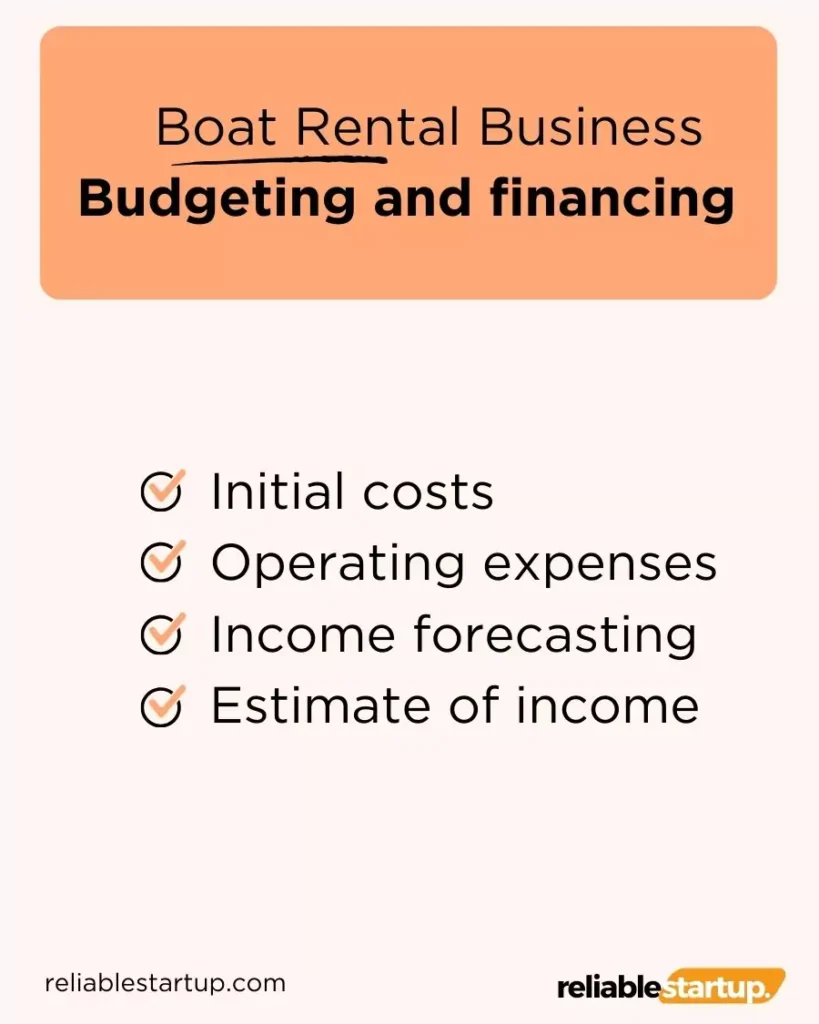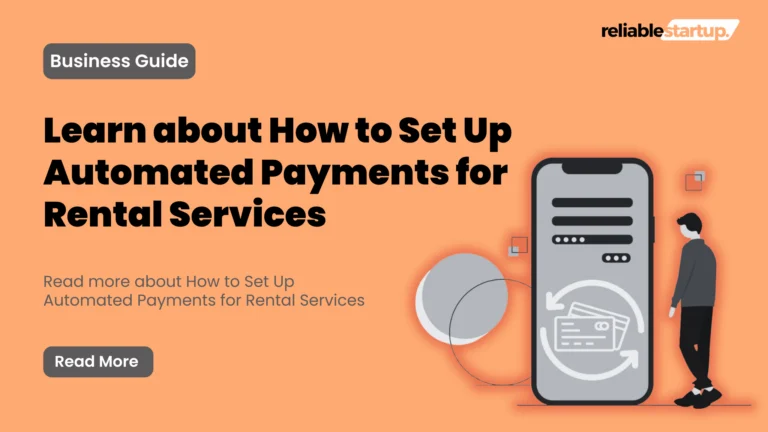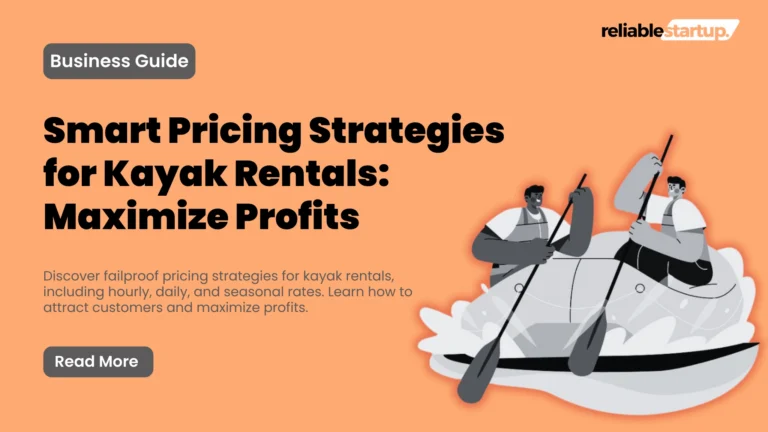How To Start A Boat Rental Business? Complete Guide

If you’ve ever dreamed of navigating the waters of entrepreneurship and starting your boat rental business, you’re in the right place.
In this comprehensive guide, we’ll chart a course through the necessary steps and expert tips to help you navigate the seas to start a successful boat charter business.
From choosing the perfect fleet to mastering marketing strategies that make waves, prepare to embark on an exciting journey to business success in the thriving world of marine entertainment.
So raise the anchor and let’s dive in!
What is a Boat rental business?
A boat charter company allows people to enjoy the experience of boating without the commitment of owning a boat.
From quiet lagoons to adventurous cruises, clients can choose from a fleet of boats to suit their preferences, be it fishing boats, pontoon boats, or luxury yachts.
Boat rental companies not only offer boats, but also comfort and flexibility, and adapt to different occasions, such as family reunions, fishing trips, or romantic sunset cruises.
With the growing popularity of recreational boating, starting a boat rental venture offers a lucrative opportunity to tap into the recreational market and provide customers with unforgettable water experiences.
Create a Boat rental business plan:
In the maritime world, starting a boat rentals can be a profitable venture for those who have a passion for the sea and business skills. However, just like charting a course through unchartered waters, success in this industry requires a well-crafted business plan to meet the challenges ahead.
1. Market Analysis: Mapping Opportunities:
Before hoisting the sail, conduct a thorough market analysis to identify potential customers and competitors. Explore demographics, tourist arrivals, and local regulations governing boat rentals. Understanding the market landscape is crucial to setting up your business effectively.
2. Fleet Management – Building your maritime arsenal:
Your fleet is the backbone of your operation. Determine the types of boats to offer based on client preferences and local water conditions. Consider factors such as maintenance costs, insurance, and scalability when choosing vessels. A diverse, well-maintained fleet improves customer satisfaction and increases revenue streams.
3. Pricing Strategy – Setting the Path to Profitability:
Develop a pricing strategy that balances affordability with profitability.
Conduct market research to evaluate current rates and take into account overhead costs, seasonal fluctuations, and demand trends. Offering flexible rental options and bundled packages can attract a wider customer base while maximizing revenue potential.
4. Marketing and Promotion – Creating a sensation in the industry:
In a competitive market, effective marketing is a tailwind. Develop a multi-channel marketing strategy that includes digital platforms, social networks, and local partnerships. Leverage captivating images and compelling storytelling to showcase the unique experiences your boat charter offers. Engage with the boating community and build a loyal customer base through targeted promotions and referral programs.
5. Operational Plan – Smooth sailing ahead:
Smooth operations are essential to delivering exceptional customer experiences. Describe precautions, safety protocols, and standard operating procedures for vessel maintenance. Invest in staff training to ensure professionalism and safety compliance. Implement robust reservation systems and customer service channels to streamline processes and improve satisfaction.
Be in demand:
Identify whether or not your boat business is in demand in the respective area or time, to be successful you need to be answering customers’ demand.
Boating might not be an ideal thing for everyone if it’s raining outside but who wouldn’t like to be on the water when the sun is shining at its full?
Also, do research about your competitors what they offer, and what you can bring new to the table.
Don’t follow them blindly, make your customers experience something new, the leaders of the market don’t usually do what every other does, they try something new and that is why they are called the leaders.
Market research and competitor analysis:
Before diving into the waters of the boat rentals, it is important to conduct thorough market research and competitive analysis to chart a successful course.
Understanding the market landscape and analyzing competitor strategies provides valuable information that can guide decision-making and differentiate your company in a competitive industry.
Market research:
Market research acts as a compass for your boat rental venture, helping you identify opportunities and potential obstacles.
By examining factors such as consumer demographics, boating and tourism trends, and seasonal fluctuations, you can identify target markets and tailor your offerings to meet their needs.
Surveys, interviews, and data analysis are valuable tools for gaining a deeper understanding of customer preferences and market demand.
Competitive Analysis:
Just as sailors study the movements of other boats at sea, competitive analysis provides valuable information to guide your boat rental service business to success.
By understanding what your competitors excel at and where they fall short, you can position your company as a leader in the industry.
Budgeting and financing:

1. Initial costs
Starting a boat business requires careful consideration of startup costs. These may include purchasing or leasing vessels, obtaining necessary permits and licenses, obtaining insurance coverage, and investing in marketing efforts to attract customers. Do extensive research to accurately estimate these costs and allocate funds accordingly.
2. Operating expenses
Running a boat rental business involves ongoing expenses that should be factored into your budget. These may include fuel and maintenance costs for the boat, salaries of crew members, insurance premiums, postage or storage fees, marketing, and advertising costs, as well as administrative costs such as utilities and office supplies. Monitor these expenses closely to ensure financial stability.
3. Income forecasting
Understanding the revenue potential of your boat rentals is critical to effective budgeting. Analyze market demand, seasonal trends, and competitive pricing to accurately forecast revenue. Consider offering multiple rental packages or additional services to diversify revenue streams and improve predictability. Use booking and reservation systems to streamline operations and maximize booking opportunities.
4. Estimate of income
Ultimately, the goal of budgeting and financing your boat rental service business is to generate profitable profits. Calculate your projected profit margin by subtracting start-up and operating costs from projected revenue. Constantly review and adjust your financial strategies to improve profitability. Implement cost-saving measures and revenue-enhancing measures to grow your bottom line over time.
By carefully managing your finances and incorporating these important considerations into your business plan, you can lay a solid foundation for success in the competitive boat rental industry while maximizing your SEO potential through content creation.
Register for tax:
The next step is to make it legal by making your business registered with the federal government and making yourself eligible to pay taxes.
Depending on your location and service you should also pay the sales tax. The process for registration is very straightforward by the IRS.
Licenses:
To acquire a license for any particular business or service is very important to make it legal and unquestionable.
Licence is required for both, riding a boat as well as to start a boat rental business.
Final Thoughts:
Concluding the whole discussion above, a boat rentals is a business that allows people to enjoy the luxury of boats without buying them, by just paying an affordable amount of rent for this service.
The boat rental business is very profitable but requires a large amount of investment to buy boats, and other business entities and cover operational expenses.
So, if you looking to start a boat business, make sure you have the capital or some source of investment to control the cost of start-up.
Good Luck!






